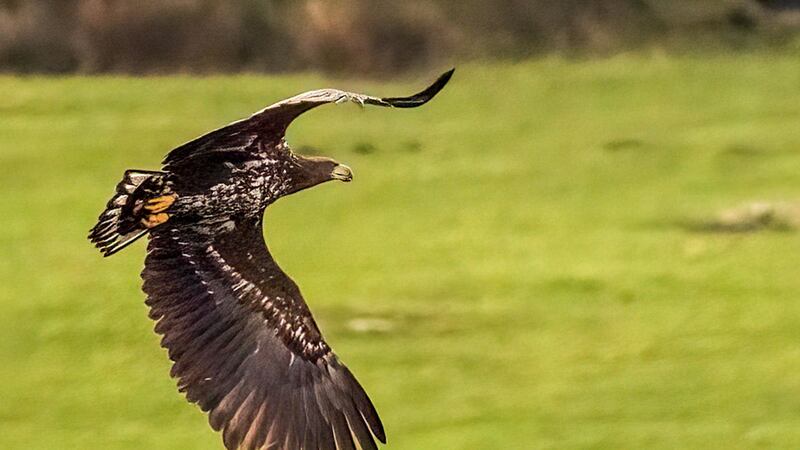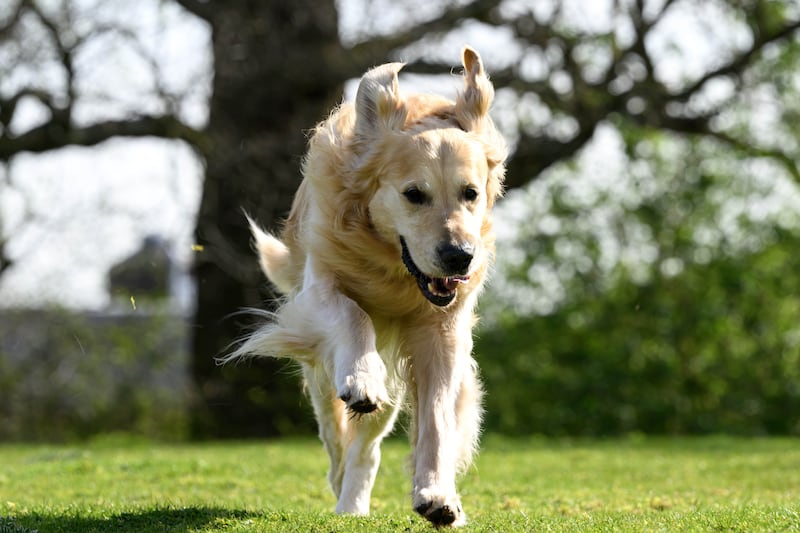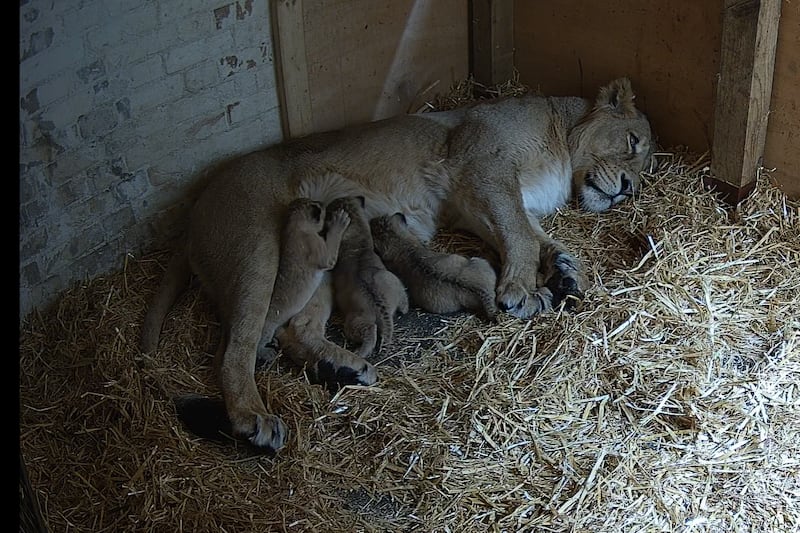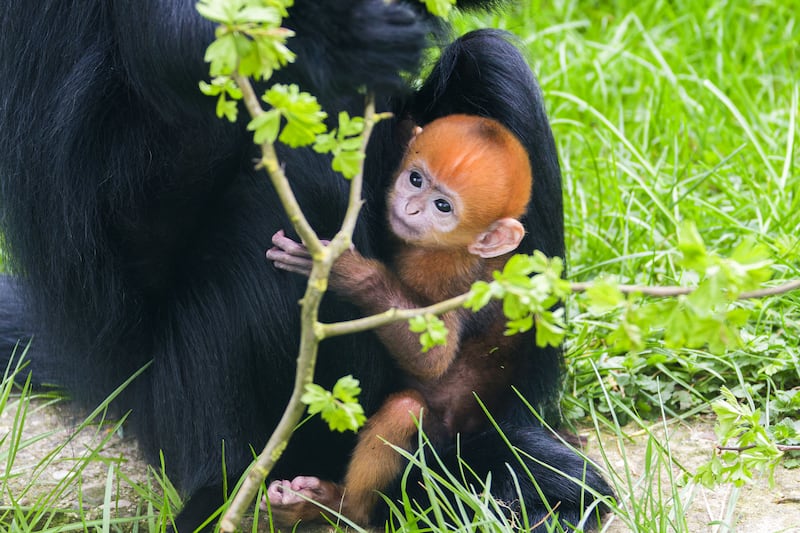One of Britain’s largest and rarest birds of prey has been spotted in Cornwall following a reintroduction programme launched on the Isle of Wight.
White-tailed eagles – known as “flying barn doors” because of their two-metre wingspan – was photographed on Bodmin Moor on Wednesday morning.
It is a further boost to the species, which disappeared from the UK during the early 20th century following centuries of persecution.
The juvenile, which was captured on camera by amateur photographer Cat Lake, was one of six released on the Isle of Wight in the spring of 2019 as part of a reintroduction programme run by the Roy Dennis Wildlife Foundation and Forestry England.
A similar programme in the 1970s successfully reintroduced the species in Scotland.
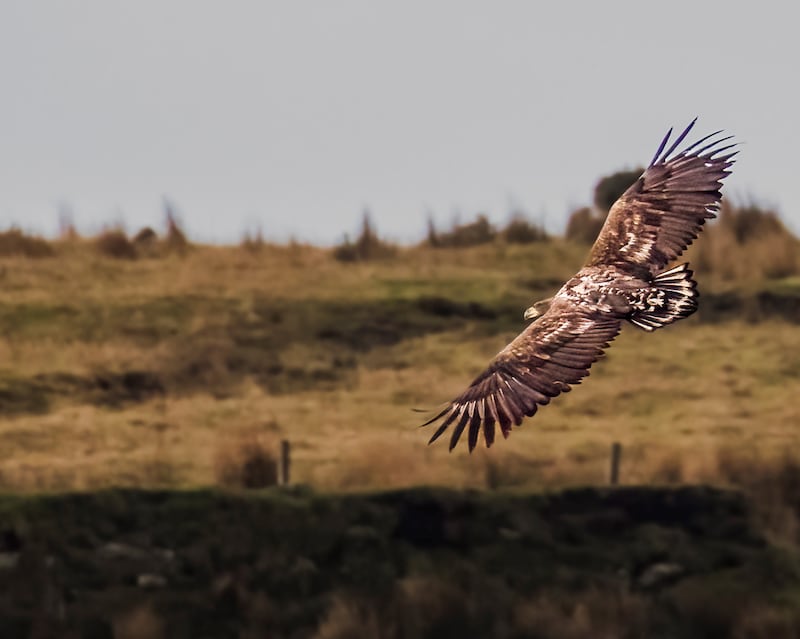
Adults are predominantly brown, with a pale head and white tail, and in flight the eagle has long, broad wings with a short wedge tail. They have a life expectancy of 40 to 50 years.
Conservationists from the Cornwall Wildlife Trust and Cornwall Bird Watching hope that breeding pairs of white-tailed eagles could be established in the county in the next 20 years.
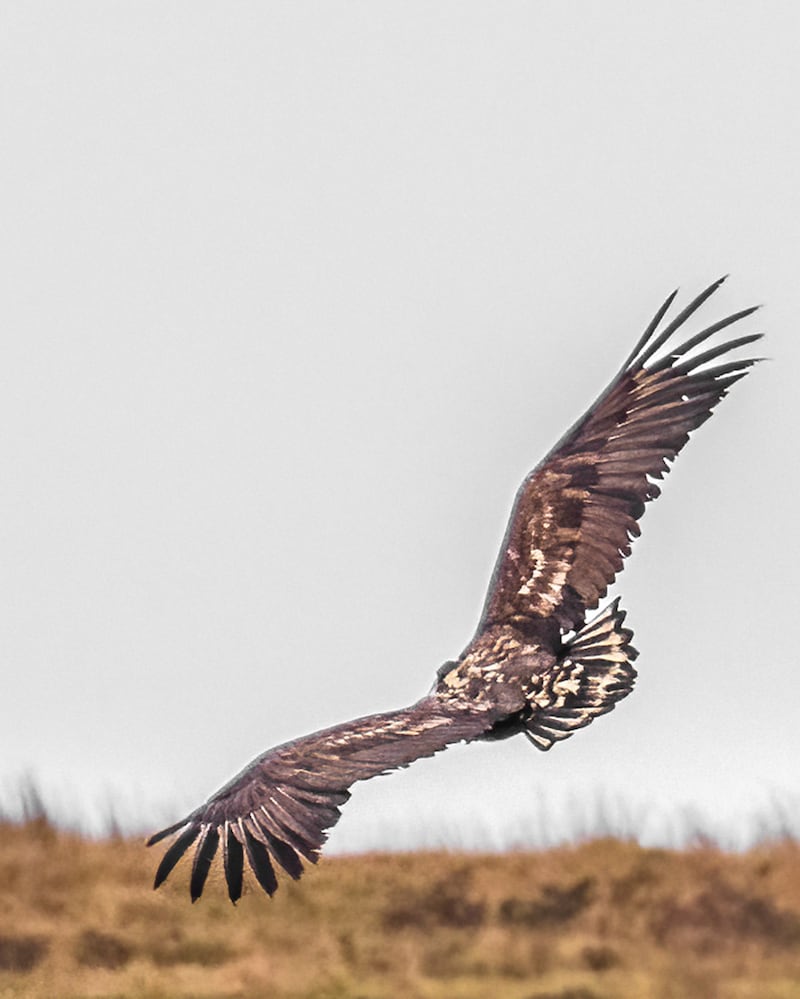
The last pair to breed in southern England nested on Culver Cliff on the Isle of Wight in 1780.
Cornwall Wildlife Trust’s State of Nature 2020 report found sharp declines among many species in the region.
But it cited the fact that birds such as the chough and cirl bunting have successfully re-established themselves as proof that previously lost species can make a comeback.
Last year, the Government agency Natural England gave the go-ahead for another scheme to release up to 60 white-tailed eagles, which mostly feed on fish, over 10 years in Norfolk.
